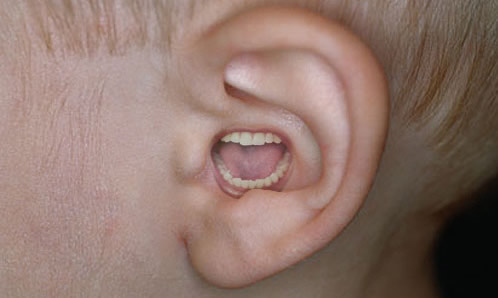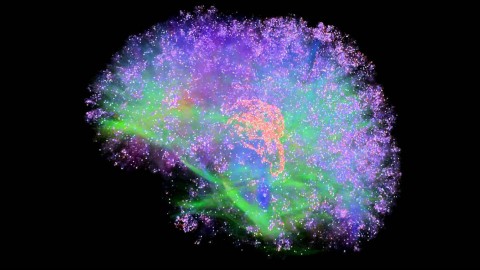You Are Not Your Thoughts
Life unfolds in the present. But so often, we let the present slip away, allowing time to rush past unobserved and unseized, and squandering the precious seconds of our lives as we worry about the future and ruminate about what’s past. “We’re living in a world that contributes in a major way to mental fragmentation, disintegration, distraction, decoherence,” says Buddhist scholar B. Alan Wallace. We’re always doing something, and we allow little time to practice stillness and calm.
When we’re at work, we fantasize about being on vacation; on vacation, we worry about the work piling up on our desks. We dwell on intrusive memories of the past or fret about what may or may not happen in the future. We don’t appreciate the living present because our “monkey minds,” as Buddhists call them, vault from thought to thought like monkeys swinging from tree to tree.
Most of us don’t undertake our thoughts in awareness. Rather, our thoughts control us. “Ordinary thoughts course through our mind like a deafening waterfall,” writes Jon Kabat-Zinn, the biomedical scientist who introduced meditation into mainstream medicine. In order to feel more in control of our minds and our lives, to find the sense of balance that eludes us, we need to step out of this current, to pause, and, as Kabat-Zinn puts it, to “rest in stillness—to stop doing and focus on just being.”
We need to live more in the moment. Living in the moment—also called mindfulness—is a state of active, open, intentional attention on the present. When you become mindful, you realize that you are not your thoughts; you become an observer of your thoughts from moment to moment without judging them. Mindfulness involves being with your thoughts as they are, neither grasping at them nor pushing them away. Instead of letting your life go by without living it, you awaken to experience.
Cultivating a nonjudgmental awareness of the present bestows a host of benefits. Mindfulness reduces stress, boosts immune functioning, reduces chronic pain, lowers blood pressure, and helps patients cope with cancer. By alleviating stress, spending a few minutes a day actively focusing on living in the moment reduces the risk of heart disease.
Mindful people are happier, more exuberant, more empathetic, and more secure. They have higher self-esteem and are more accepting of their own weaknesses. Anchoring awareness in the here and now reduces the kinds of impulsivity and reactivity that underlie depression, binge eating, and attention problems. Mindful people can hear negative feedback without feeling threatened. They fight less with their romantic partners and are more accommodating and less defensive. As a result, mindful couples have more satisfying relationships.
Tags: Respond To Present Moment










